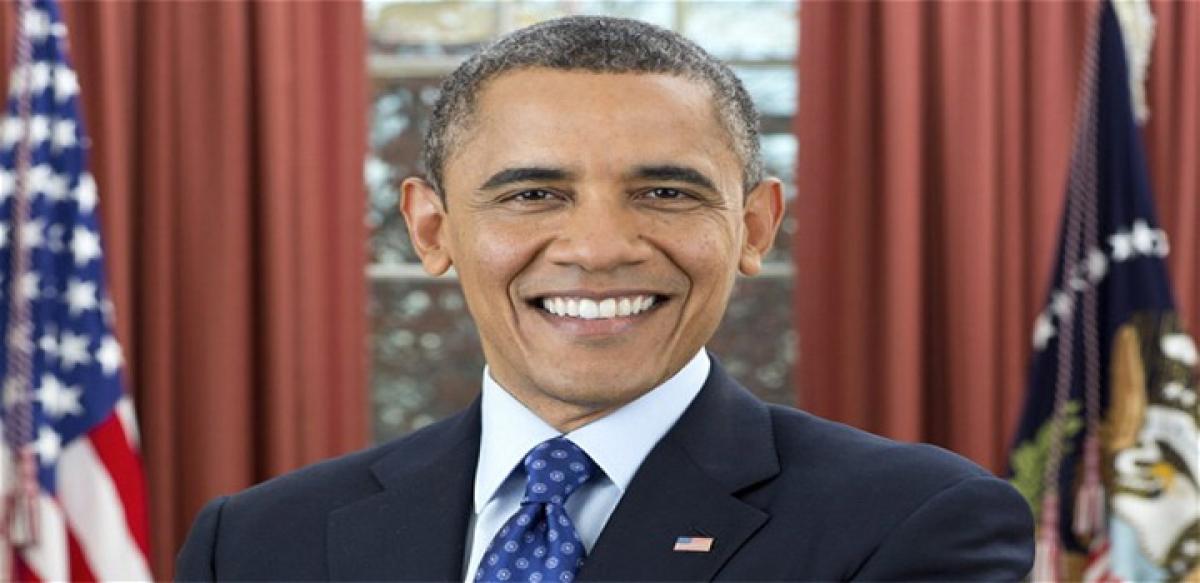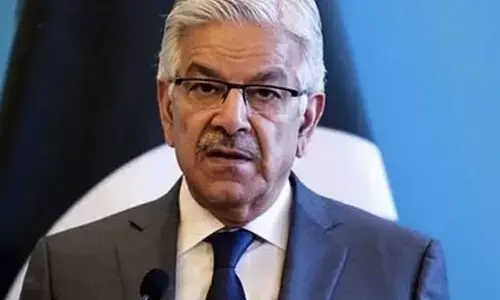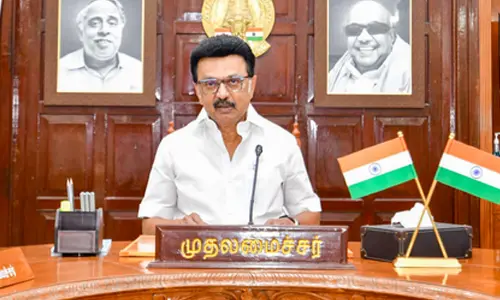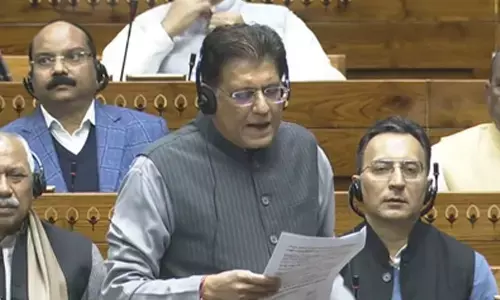US unsolicited advice to India

The United States President Barack Obama’s advice to both India and Pakistan to reduce their nuclear arsenal is without a matured understanding and honest appreciation of the situation on the ground in South Asia. It’s preposterous to hyphenate India with Pakistan on the nuclear question. The United States suffers from an optical illusion deliberately acquired to suit its military doctrine on Sout
The United States President Barack Obama’s advice to both India and Pakistan to reduce their nuclear arsenal is without a matured understanding and honest appreciation of the situation on the ground in South Asia. It’s preposterous to hyphenate India with Pakistan on the nuclear question. The United States suffers from an optical illusion deliberately acquired to suit its military doctrine on South Asia.
While India asserts that Pakistan is the problem in South Asian imbroglio, the United States perceives Islamabad as a solution to the tensions in the subcontinent. The Washington’s paralytic view stems out of the super power’s geo political strategies in the region. The United States used Pakistan to bolster its presence in Afghanistan. It armed Pakistan to the hilt during the cold war and continues to energise its military even today. The Military Industrial Complex in US considers Pakistan as a trusted and lucrative customer.
The United States has covertly and overtly supported the clandestine nuclear programme of this rogue State as part of its cold war military doctrine. The US President described the threat of nuclear terrorism as real. But, Washington fails to acknowledge that any such threat if it becomes imminent would probably be from Pakistan. The jihadist forces have crept into the Pakistan’s State apparatus. Thus, while India’s central command and control structure on nuclear weapons is formidable; Pakistan’s nuclear programme is vulnerable to radical elements.
India’s nuclear programme is indigenously developed. But, Islamabad acquired nuclear strike capabilities with the help of external players. India despite demonstrating to the world its capability to go nuclear decades ago, demonstrated remarkable self restraint. Even the United States in its nuclear deal with India descried New Delhi as a ‘responsible State with advanced nuclear technology ‘.
But, it refused to accord a similar status to Islamabad despite such a request from it. India committed itself to a nuclear ‘No first use’. It has no record of proliferation of the dual technologies. But, no such guarantee is there from Pakistan. Pakistan is the breeding ground for international terrorism. India is a victim of such a cross border terror.
Pakistan is a failed and flawed State. The civil society’s voices are muted. Democracy is an infantile disorder. Opposition is suppressed. Military continues to exert significant pressure on public policy. Fundamentalist forces are strong. Fissiparous forces are active in Pakistan.
On the contrary, India is a vibrant democracy with free media and multi party political system acting as a vigil over any possible nuclear misadventure. The civil society activism is an antidote to undemocratic State action. Military is under civilian dispensation. Though fringe elements make hawkish noises, the secular edifice of India is still formidable.
Any assessment of nuclear policy of India and Pakistan cannot be oblivious to these distinctly different contexts. The United States should have a realistic assessment of Pakistan’s complicity in acts of terror to ensure any meaningful attempts to contain the threat of nuclear terrorism.














